Are you sure its a dead body?
Yup- this was a thought in my head this weekend. In my rescue diving course and my divemaster course, I learned so much about reacting in a calm manner to distress calls. Methodically performing CPR in the ocean, disassembling a diver’s gear, dragging them out of the water. What I didn’t expect was what happens in the real world. What happens when someone is dead in the water?
During the Rescue Course – Lifting Heavy People
Lets be honest, I’m about 5’ 4”, and about 130 lbs; most divers outweigh me. During my divemaster course, I cried because I failed during my first attempt. The cold water. The heavy “volunteers”. I couldn’t calm down and rescue them. Sobbing because I wasn’t strong enough. Was it unfair that I went last? I was exhausted. Boo hoo on me. Eventually I got over feeling sorry for myself and passed with out issue. It felt great knowing I could actually rescue someone in distress. I think it was this experience that helped me prepare for Saturday.
Edmunds Underwater Park


It was a calm Saturday and the skies were clear and bright blue. For a change, I decided to bring my weights to the bench by the beach. No rhyme or reason. Just changing things up.
Then I heard it. A LOUD whistle from the ocean. Someone waving their arms in distress.I look around, no one else is immediately around me. I call out to them- “Are you ok?!” They show me an OK, but then continue to wave at me.
Adrenaline pumping. I look around. A woman and her son on the beach are looking at the divers. I ask her to “zip” me up so I can swim up to them. She zips my drysuit closed. I tell her to call 911.
I pace over to my hood, gloves, fins and mask. My hands are shaking.
Running into the ocean, I dive in. Water seeping into my suit… the zipper slightly open. I try to pull it shut, but there’s too much adrenaline. I forget about the wet cold feeling. It doesn’t matter now.
I get to the divers and there’s a man face down. Should turn him over and do CPR?
He responds “I think it’s a recovery.”
When a Rescue Dive becomes a Recovery
That’s when I realize it. This is a dead body. The man is half floating in the water. Body rigid. Fully clothed. Not a diver.
Without thinking I grab the man’s arm and help swimming him to shore.
He feels like a bag of cement. Strangely plastic.
The swim feels long and never ending. Firetruck sirens are getting louder. My heart is pumping so hard now. Keep swimming. Don’t stop. Get him to the shore.
Once in standing water. I throw off my fins into the waves. We flip the man over. His arms frozen near his hips. Legs stiff. He still has his shoes on with the laces tied neatly. His eyes closed. We try to lift him, but he’s so heavy it as if we didn’t try at all.
The waves start crashing on the man’s face. Eyes flick open. Blood shot and empty gazing. I gasp. I look down at his shoes instead.
Grabbing the shoes, I push hard towards the sand. We finally get him to the shore. EMT staff are waiting for us. They move him to a stretcher. I look away.
Exhaustion. I almost fall over. I can’t catch my breathe.
A policeman puts his shoulder around me. “Thank you for your help. Can you tell me what happened?”
“I know nothing. I just swam him to shore.”
Shaking- I walk over to the bench take off my hood and gloves and walk away. I go to see my friends and try not to think of the dead man.
Shortly afterwards, the authorities have moved the body off the shore and question the divers that found the body. He was in about 15ft of water, visible from the surface. Nothing else was in the water around him.
Later, a tow truck arrives and we find out that the man’s car was left in the parking lot. I google the story a few days later to find that the police suspect “suicide.”
Rest In Peace

I hope that this man found peace and comfort in his last moments.
Lessons Learned from my First Rescue Assist
- Practicing helps. If not for my previous strenuous course, I would not have been prepared to swim so far with such a heavy load.
- When a rescue dive turns into a recovery effort, you can pace yourself. Don’t exhaust yourself.
- Be respectful of the body. Don’t drag it or toss it around. This man just died. Be gentle and do what you would if it were your own family member.
- When you hear the distress call- don’t rush into the water. They teach this in the course, over and over. But it’s the #1 thing to remember. You can’t save anyone if you are drowning yourself.
- Second victim – I feel disconnected. I’m still at odds on what to feel. I didn’t discover the body, and I can’t imagine the affect that would have on a person.
In all, I’m thankful that I was trained properly. This was my first real world assist. I just wish it had a better outcome.
Until next time…
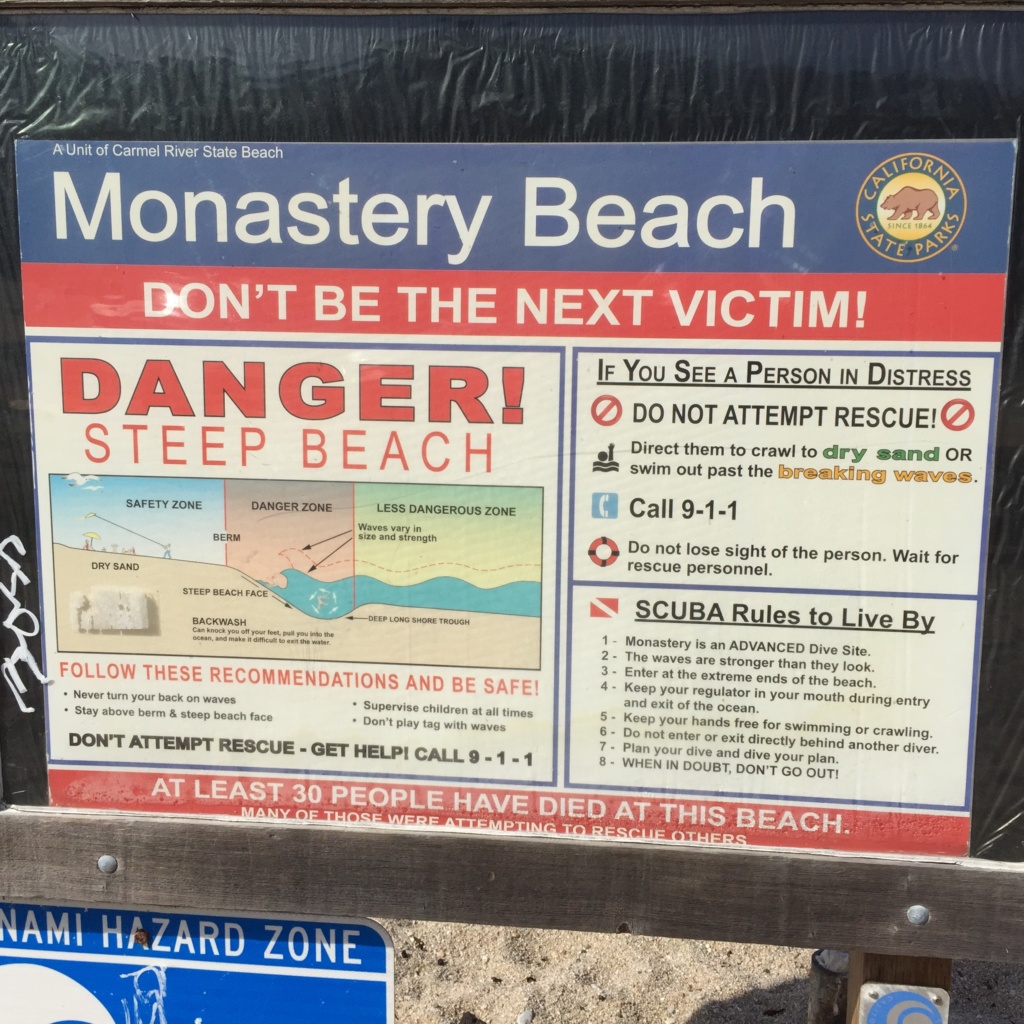

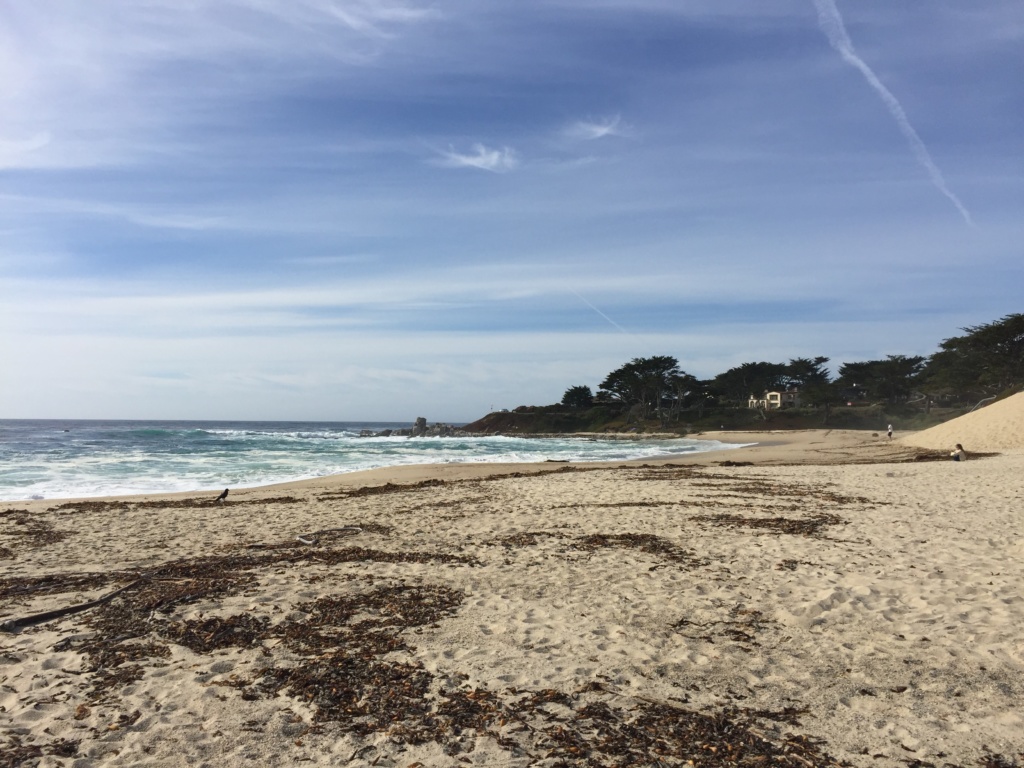

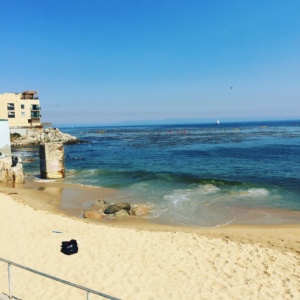

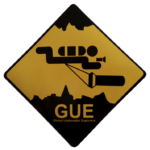 Up until a few weeks ago, I had no idea GUE even existed. Another divemaster at my new shop introduced me to his fellow GUE divers. He explained to me that this was another diving organization. His short explanation to me was that it teaches all divers to dive use the same equipment configuration, dive in group formation, and a higher level of buoyancy and trim requirements. Essentially it means, whenever you dive with another GUE person, you always expect the same type of diver. You could dive with someone you just met, and feel like you have been dive buddies for years.
Up until a few weeks ago, I had no idea GUE even existed. Another divemaster at my new shop introduced me to his fellow GUE divers. He explained to me that this was another diving organization. His short explanation to me was that it teaches all divers to dive use the same equipment configuration, dive in group formation, and a higher level of buoyancy and trim requirements. Essentially it means, whenever you dive with another GUE person, you always expect the same type of diver. You could dive with someone you just met, and feel like you have been dive buddies for years.
 Coming back to America, I never realized the horrible pain of the Imperial measurement system. Not to knockdown my fellow Americans, but why do we measure stuff like this? WHY?
Coming back to America, I never realized the horrible pain of the Imperial measurement system. Not to knockdown my fellow Americans, but why do we measure stuff like this? WHY? Wow. There are so many things that I want to say that I don’t know where to start.
Wow. There are so many things that I want to say that I don’t know where to start.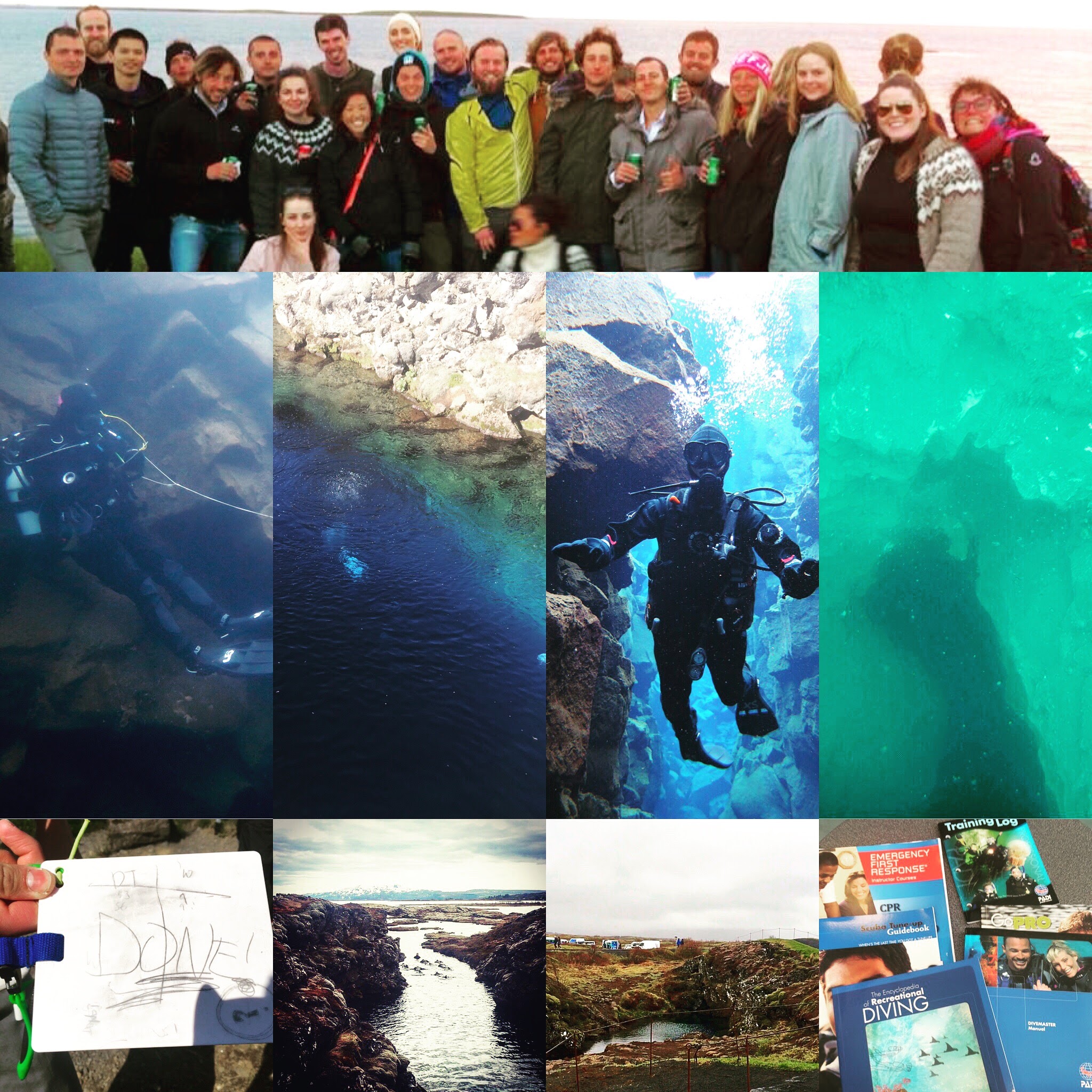 Yay! I’m done! Well kinda… I finished all my internship hours yesterday. These three months in Iceland have really flown by. There were definitely days where I missed America, but there were many more days hat I was really happy to be learning something new and be in a new environment.
Yay! I’m done! Well kinda… I finished all my internship hours yesterday. These three months in Iceland have really flown by. There were definitely days where I missed America, but there were many more days hat I was really happy to be learning something new and be in a new environment.